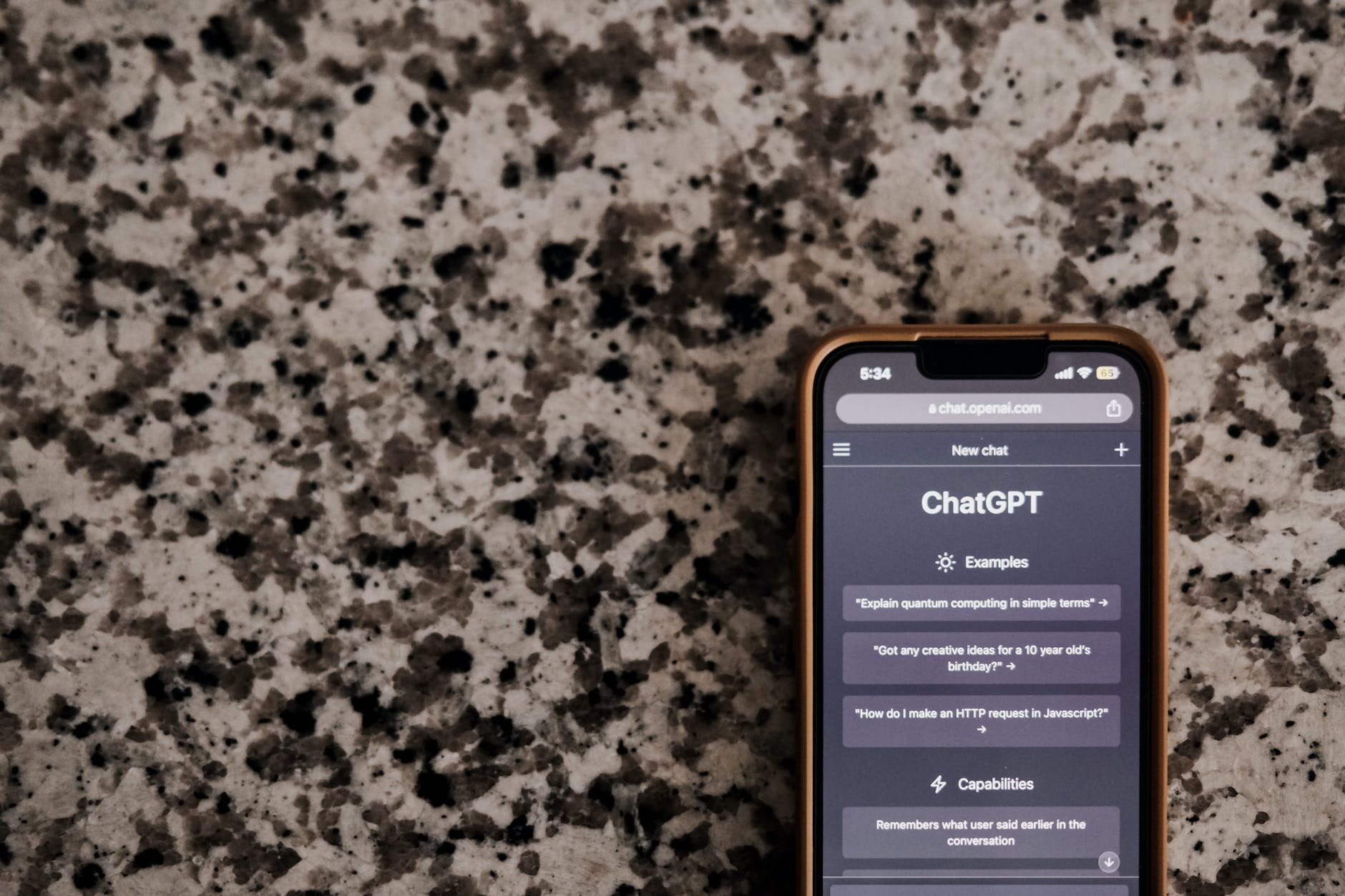OpenAI, a leading artificial intelligence research lab, has been at the forefront of AI innovation and democratization, constantly enhancing user experience with groundbreaking features. One of their notable advancements has been the introduction of voice chat capability with ChatGPT, their conversational agent. Initially launched in September for Plus and Enterprise subscribers on Android and iOS, this voice feature allowed users to engage in back-and-forth voice conversations with the AI chatbot. OpenAI has now expanded access to this immersive feature, making it available to all mobile users, including those on the free tier.

Greg Brockman, OpenAI co-founder, recently announced that the rollout of voice conversations on ChatGPT for free users had commenced. This development marks a significant step towards broadening the AI’s accessibility and enabling users to interact with ChatGPT in an even more natural and intuitive way.
The original rollout of voice chats presented OpenAI with a number of ethical considerations, particularly due to the capability to create “realistic synthetic voices from just a few seconds of real speech.” The potential misuse of such technology to impersonate individuals raised concerns about its impact if leveraged negatively. To tackle these concerns, OpenAI decided to focus the voice feature mostly on conversations. The model underlying this feature is a sophisticated text-to-speech engine that can generate human-like audio from text inputs and a small sample of speech. Collaborations with voice actors enabled OpenAI to refine the feature and offer five distinct voices, providing users with options to personalize their experience.
Our examination of the ChatGPT app on an Android device revealed that the voice feature has not yet been universally applied, suggesting that the rollout might be gradual and reach users’ accounts in waves. Although the exact details around opt-in requirements remain somewhat unclear from the information provided, we can infer from the initial release protocol that users might need to activate the feature manually. Paid subscribers were previously required to enable voice chats by navigating to the “Settings” menu and subsequently to “New Features,” which might also be the case for free tier users during this wider release.
It’s worth noting that the announcement regarding the wider release of this feature came during an eventful period for OpenAI. Greg Brockman made the announcement after stepping down from his position as President of OpenAI, which coincided with substantial internal turmoil at the company. This occurred after the board decided to relieve Sam Altman of his CEO duties, sparking resignations among senior staff and unrest among other employees. However, in a dramatic turn of events, OpenAI announced shortly afterward that both Altman and Brockman have been reinstated to their respective positions.
This latest feature update in ChatGPT’s ever-evolving suite underscores OpenAI’s commitment to enhancing AI-powered communication and its dedication to user inclusivity. The ongoing deployment of voice conversations to all mobile users symbolizes a significant milestone for OpenAI, as they continue shaping the landscape of artificial intelligence and human-computer interaction.
Stay updated with the latest from OpenAI and their innovative platform ChatGPT by monitoring the app’s availability in your region and checking for the newest features under the “New Features” section in your app settings. As OpenAI continues to improve and innovate, users can expect to experience more exciting advancements in the near future.



